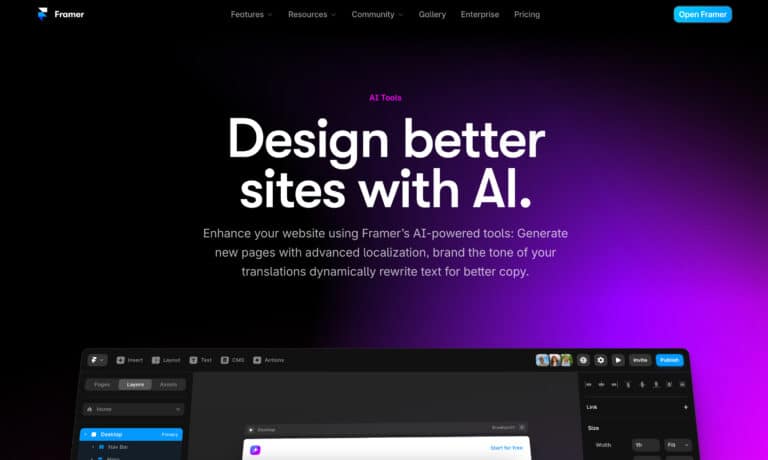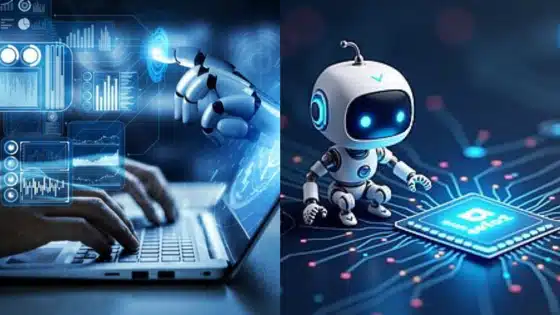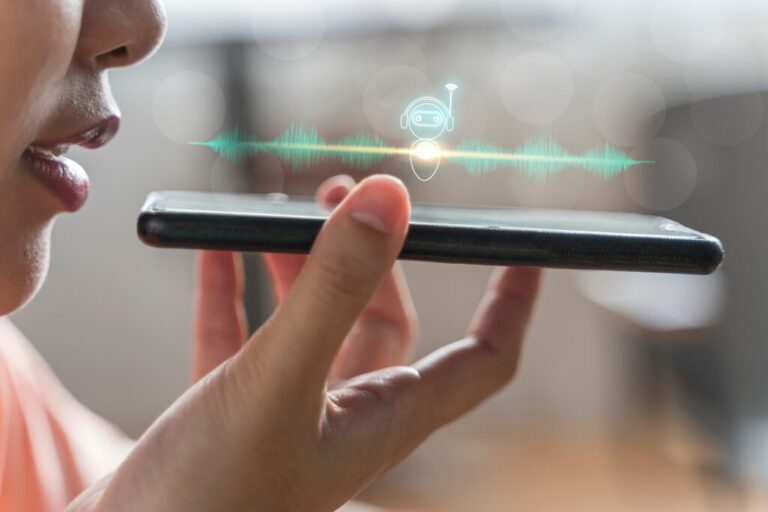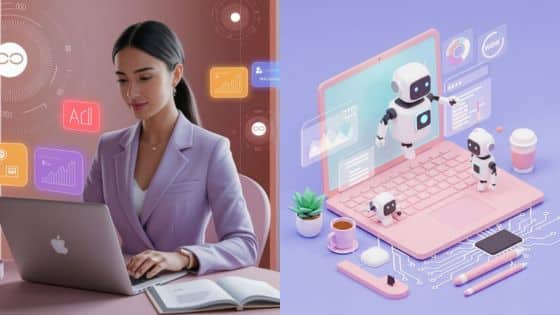The Artificial Intelligence concept has been transforming the experience and creation of content gradually, as well as the consumption of it. One of the most fascinating and disruptive innovations is AI voice cloning – the technology that enables recreating human voice to such a degree that it appears nearly the same as the original one. What might have appeared as a crazy concept twenty years ago can now be found by ordinary individuals through free voice cloning AI websites and the various digital tools they have access to.
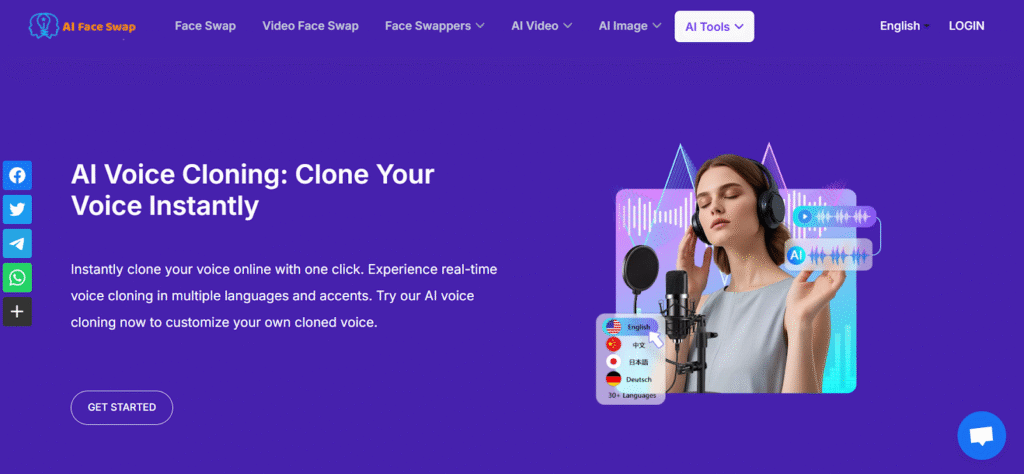
Voice cloning is creating a door to creativity and convenience, entertainment to convenience, marketing and personal communication. But like everything new, there is a chance and a challenge that goes with it.
What Is AI Voice Cloning?
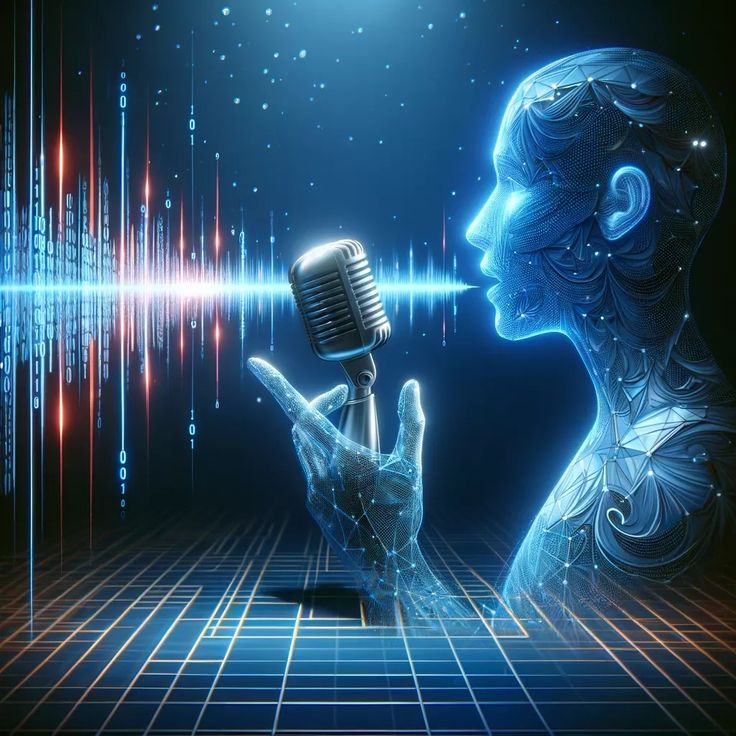
The process of replicating the voice of a person using artificial intelligence and, specifically, deep learning models is known as AI voice cloning. The AI can learn about the tone, pitch, cadence and speech patterns by analyzing audio samples of a person speaking. After training, the system is capable of creating new speech that appears to have been uttered by that particular person.
As opposed to the older text-to-speech technologies that make the voice sound like a robot, current AI voice cloning systems have extremely natural sounds. The cloned voice is capable of laughing, whispering, accentuating words and even adjusting to feelings such as sadness, joyfulness or excitement.
How AI Voice Cloning Works
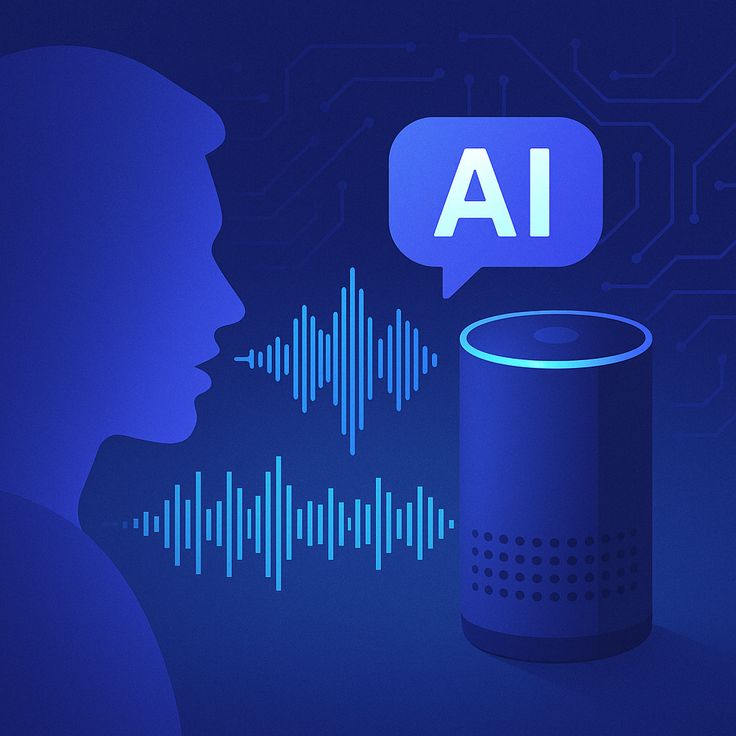
AI voice cloning is based on the work of specialized algorithms and big data processing. The simplified explanation of its occurrence is as follows:
- Data Collection – The AI needs audio recordings of a voice, sometimes just a few seconds long.
- Feature Extraction – The system identifies key traits, such as intonation, accent, and rhythm.
- Model Training – Using deep learning, the AI builds a model capable of reproducing the unique features of that voice.
- Text-to-Speech Conversion – Once trained, the AI can generate speech from any text input, producing a natural-sounding clone.
This process allows users to create audio that captures the personality of the original speaker, whether it’s for professional or personal use.
The Benefits of AI Voice Cloning
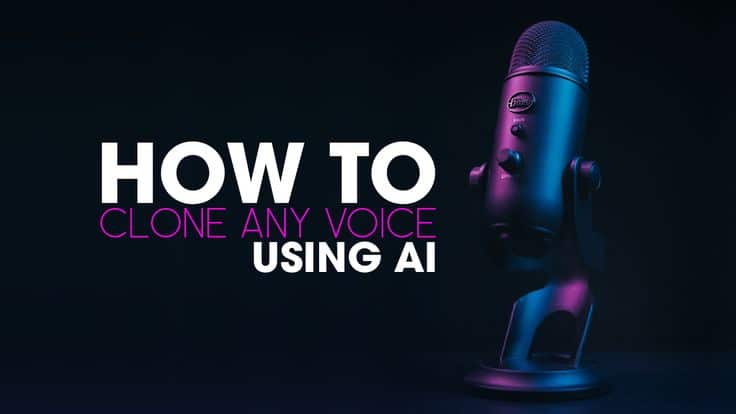
The availability of free face swap and free AI voice cloning websites has now opened this form of technology previously considered elite, to the masses. Among the largest benefits are:
- Accessibility – Individuals with speech impairments can use AI-generated voices that sound like them, restoring communication independence.
- Entertainment – Filmmakers, game developers, and content creators use voice cloning to bring characters to life.
- Efficiency – Companies can generate audio for customer service, training modules, or presentations without needing live voice actors every time.
- Personalization – Imagine receiving an audiobook narrated in your favorite celebrity’s voice or creating personal greetings with your own cloned voice.
Free Voice Cloning AI: Opening Opportunities for All
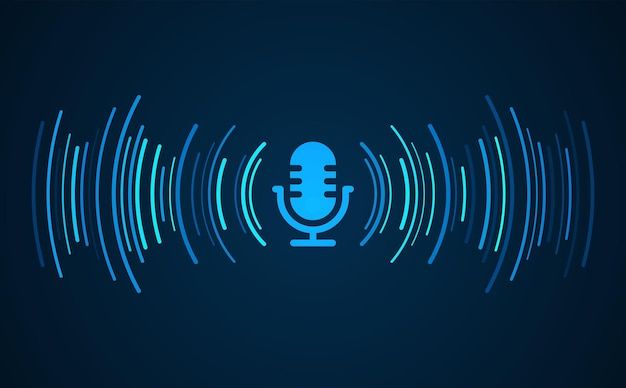
The most remarkable news is the presence of free voice cloning AI software. Previously this kind of technology was only available to large corporations or big studios that had enormous budgets. Small entrepreneurs, hobbyists, and students are now able to try it at zero cost.
Free platforms typically allow users to:
- Clone a voice using short audio samples.
- Generate speech by typing text.
- Save and share recordings.
- Explore emotional tone adjustments.
This democratization of voice technology is fueling creativity across multiple industries.
Popular Use Cases of AI Voice Cloning
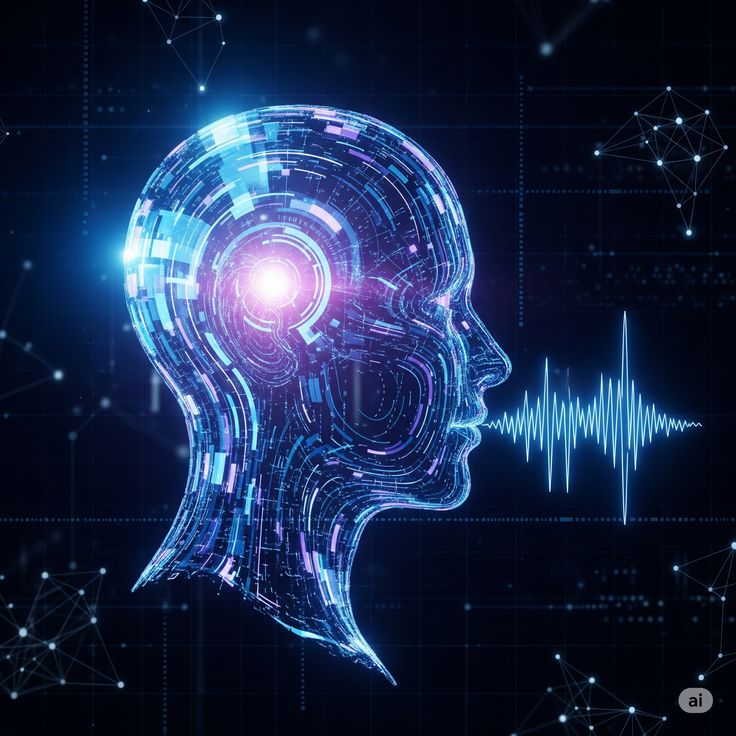
- Content Creation – YouTubers and podcasters use ai voice cloning to generate narration or replicate their own voice for consistency.
- Gaming – Game developers create dynamic, interactive characters with unique voices without hiring dozens of actors.
- Education – Teachers use cloned voices to create multilingual audio materials.
- Advertising – Brands develop personalized campaigns by tailoring audio to regional dialects or specific customers.
- Accessibility Tools – People with degenerative diseases like ALS can preserve their own voices with free ai voice cloning for future communication.
AI Voice Cloning vs. Traditional Voice Acting
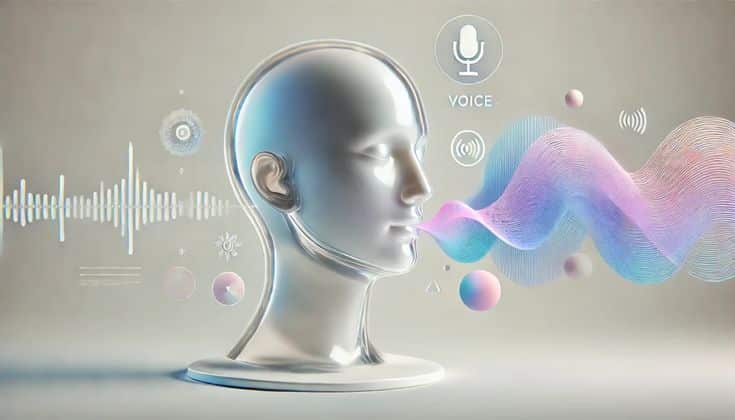
Voice actors offer human innovation, creativity, and improvisation whereas AI voice cloning offers scalability and cost-effectiveness. Instead of having to record hours of audio, creators can enter a script and create a voiceover immediately.
This does not imply that AI will take over human actors. Rather, it would be more of a complementary solution, managing boring or low-budget jobs, with humans still adding depth and artistry to high-quality work.
Ethical and Legal Considerations
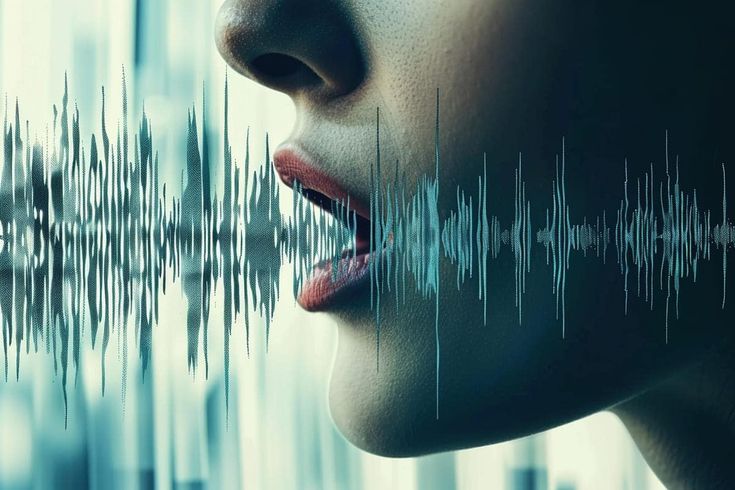
Another issue concerning ethics and consent is the increase of Ai voice cloning. The technology can imitate voices so effectively that it can be abused to commit fraud, impersonate others, or mislead.
To address this, responsible platforms establish safeguards such as:
- Requiring explicit consent from the person whose voice is cloned.
- Adding digital watermarks to AI-generated speech.
- Restricting use for malicious activities.
For users, it’s crucial to apply the technology responsibly — ensuring cloned voices are used ethically, transparently, and with permission.
The Future of AI Voice Cloning
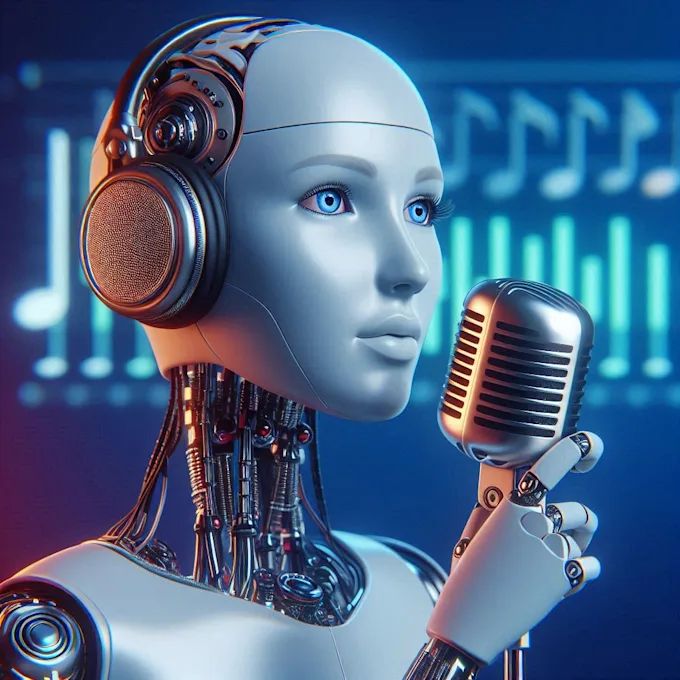
The capabilities of AI voice cloning are only going to improve. Current trends point toward:
- Real-Time Cloning – Live translation and voice replication during conversations.
- Multilingual Voices – A single cloned voice speaking multiple languages fluently.
- Hyper-Realistic Emotion – Advanced emotional mapping that makes speech even more human-like.
- Integration with Visual AI – Pairing cloned voices with talking photo or face swap technologies to create fully animated, interactive avatars.
These advancements will shape the future of entertainment, communication, and digital interaction.
How to Choose the Best Voice Cloning Tool
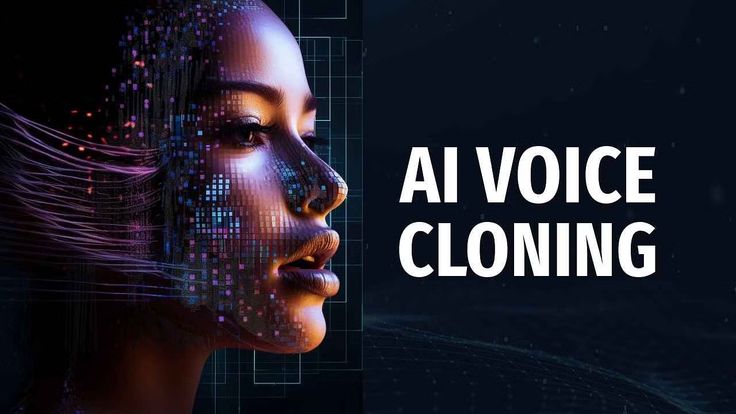
When looking for free ai voice cloning software or premium alternatives, consider these factors:
- Ease of Use – A simple interface helps beginners get started quickly.
- Voice Quality – The best tools deliver natural-sounding results without distortion.
- Customization Options – Advanced tools let you adjust pitch, speed, and emotion.
- Language Support – Multilingual support broadens your creative reach.
- Data Privacy – Ensure the platform protects your voice data securely.
Final Thoughts
One of the most disruptive technologies of thes past ten years is the development of ai voice cloning. Previously considered as something futuristic, it is now a standard creative process in the fold of free voice cloning artificial intelligence, and is available to anyone.
When posed in the right way, this technology holds so much power to creators and increases accessibility, re-engineers the way we engage with digital media. Whether you are just testing with free voice cloning systems having fun or are looking into the business, gaming, or other fields of application, one thing is evident: the voice of tomorrow is not only human, but it comes outfitted with an AI.
- 3shares
- Facebook0
- Pinterest0
- Twitter3
- Reddit0









